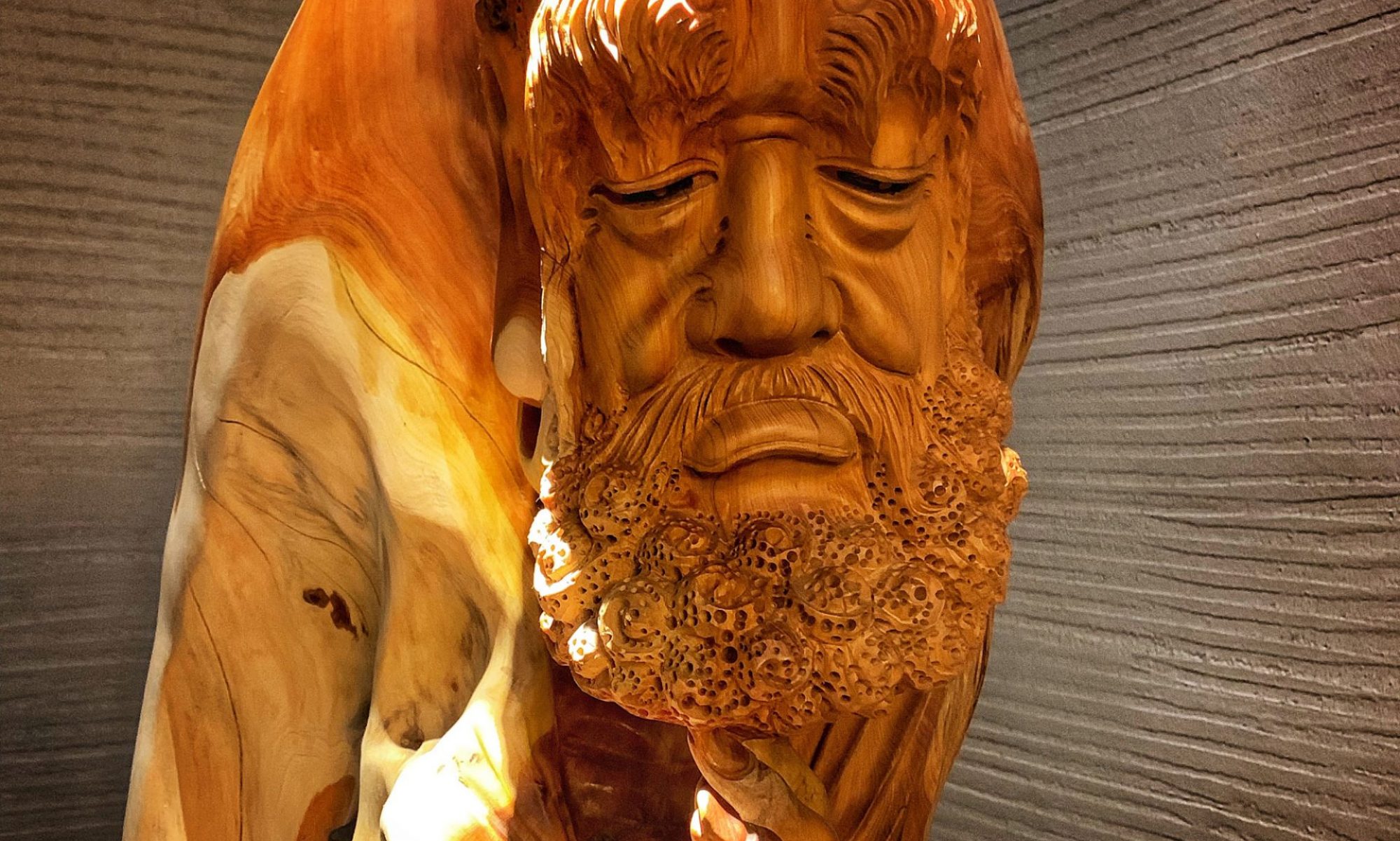There was once in a retreat I greeted my teacher a good morning, and he stopped with a queer look on his face asking, “What so good about morning?”, and before I could say anything, which luckily I didn’t, he continued on saying, “just morning will do”.
It may sounds queer for my teacher to ask that way, but in truth, I seldom mean what I wanted to say – I may said it out in a very meaningless way to camouflage my uneasiness, particularly when I felt vulnerable in a situation, or I say it out of obligation to reciprocate. I may even say it out just to get attention. All these gestures defeat the purpose of wishing.
But my teacher’s question and statement meant more than that. To him there is no such a thing as a good morning, even though I may mean it as a wish. To put a “good” is to escape the reality of what is, to make good over something that I may not want to face. To make good so as to wish the bad will not come. But we all already know umpteen times, that it is an impossible task to cover up unhappiness, not to mention making it disappear. Yet we keep trying year in and year out, even to the extent of making resolutions not to be unhappy. If I really authentic with myself, I will acknowledge that my experiences of unhappiness are many times more than happiness on a daily basis. Happiness is so elusive.
But because I am not ready to face and understand unhappiness, I will either try fixing it by blaming someone out there so as to make me feel good, or just cover it up with an action, either by going for a drink or moving away from a situation, or even ignore the discomfort within. Can we really ignore? Some has that ability of sweeping it under the carpet, seeing the triviality of facing it, and choosing happiness instead. But does unhappiness ever disappears?
We never take to task to inquire why we are unhappy. Instead we try chasing after happiness, over and over again. Can we truly choose to be happy? We can, except an illusion of it. In reality there is no such a thing call happiness – it is just an act of holding on to an idea of pleasantness. By the way, what are pleasant feelings and unpleasant feelings? Feelings are practically neutral until we give a meaning to it – one man’s feeling may be another man’s poison. Imagined those who goes to gym to develop their muscles – they may either see pain as happiness as each workout brings about obvious results, or, on another extreme, they may see gym as a torturous place when they are force to participate in it. In both cases the pain is similar but our idea makes it pleasant and unpleasant, hence the illusion of happy and unhappy. We can’t choose happiness simply because happiness is an effect. But we can recognize our ideas. When there is wisdom present in that moment of recognition, peace may arise – something more real than happiness.
Happiness is due to our ideas, not something out there. We kept chasing after happiness as if the answer lies in the future, not recognizing that happiness is not about something out there or in the future, but right here in the present moment where our ideas are. I may think having lots of money will make me happy – and if ever that comes true, my happiness at that moment of time is not because of money, but because of my idea behind it. My idea changes moment to moment and if that particular idea about money does not surface at that point of time, whatever money I have in my hand will not bring me any happiness. If I am not aware of this truth I may think it is because I am not having more enough and that will propels me to seek further – what a nightmare of futile pursuit – chasing after something that is not out there at all.
Wisdom is key to each experience of peace. Without having the wisdom to see the truth of what is, my life will be liken to a hamster, running on the wheel, awaiting its end.
